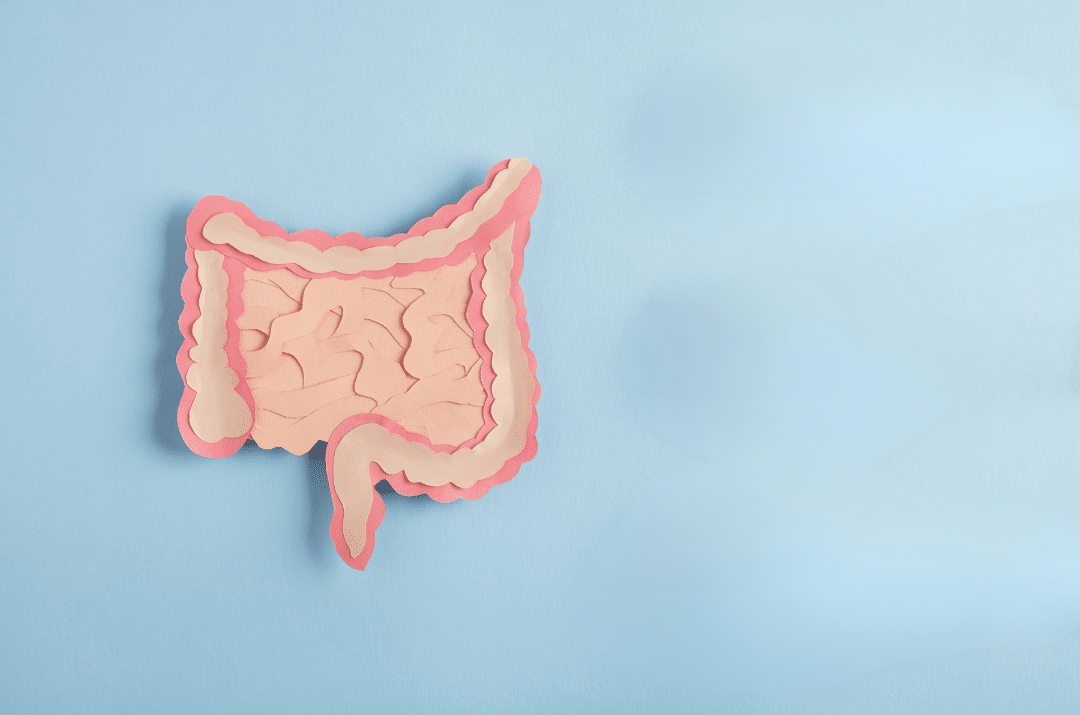Skin problems are common in Parkinson’s.
People with the disease may experience increased oiliness, changes in perspiration or red, itchy and flaky skin. Seborrheic dermatitis, a condition where the sebaceous glands produce too much oil, may actually occur before the motor symptoms of Parkinson’s that often lead to a diagnosis.
Though the exact mechanisms behind skin changes in Parkinson’s are not well understood, it may be that skin is affected by the disease itself or by the side effects of PD medications. Internal inflammation, yeast overgrowth and sebum (sweat gland production) also influence changes in the skin.
Top foods for skin health
For those of you experiencing skin changes, here are my top foods to help optimize skin health:
Foods to limit
- Sugar
- Dairy
- Processed Foods
- BBQ/Overcooked Meats
- Fried Food
Foods to add
- Avocados contain healthy, monounsaturated fats, polyphenols and are rich in Vitamin E.
- Wild salmon is an anti-inflammatory food and the pink color contains an antioxidant, astaxanthin.
- Fermented veggies contain probiotics for gut health supports skin health and reduces internal inflammation or “skinflammation.”
- Broccoli contains glucosinolates, which have antioxidant properties and improve liver detoxification. This cruciferous vegetable is also packed with vitamin C and biotin, important nutrients for healthy skin.
- Bone broth contains minerals and protein in the form of collagen which are super important for skin health.
Let’s talk about sweat
In addition to oily or dry skin, some people with Parkinson’s may have problems with sweating too little (hypohidrosis) or sweating too much (hyperhidrosis).
This could be due to issues with the autonomic nervous system. Some studies also suggest decreased activation of sweat glands in the palms of the hands may lead to excessive armpit sweating to compensate.
To help with excessive sweating:
- Be sure to drink plenty of fluids, especially water
- Avoid foods that trigger sweating such as alcohol and spicy food.
- Try using herbs such as sage, schisandra or chamomile.
- But avoid herbs that can increase sweating such as elderberry, linden flower, hyssop and peppermint.
Sage leaves have tannic acid in them which constricts the sweat glands and reduces perspiration making it an astringent botanical. It is also an anti-bacterial and anti-fungal. This can help regulate sweat production naturally.
Parkinson’s and skin cancer
As we head into the summer, it’s important to remember that people with Parkinson’s also have an increased risk of skin cancer. Remember to limit sun exposure, wear sunscreen and get regular skin cancer screenings. Check out the Brian Grant Foundation’s article on sun safety for more information.
While there needs to be more research in understanding how changes in skin and sweat regulation are impacted by Parkinson’s and how these even may be early signs, it can be beneficial even to overall health to incorporate these cures from the kitchen!
Dr. Bethany Tennant is a Naturopathic Physician & Certified Nutrition Specialist and has been involved with BGF since 2012. Dr. Tennant is passionate about neurodegenerative conditions, natural sports medicine and medical nutrition. She sees patients at 2bwell Clinic in Lake Oswego, OR.
@dr.bethanytennant www.bethanytennant.com



